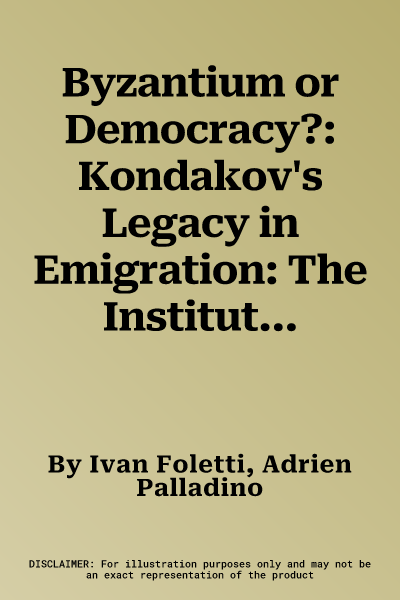Ivan Foletti
(Author)Byzantium or Democracy?: Kondakov's Legacy in Emigration: The Institutum Kondakovianum and Andre Grabar, 1925-1952Paperback, 1 October 2020

Qty
1
Turbo
Ships in 2 - 3 days
Only 5 left
Free Delivery
Cash on Delivery
15 Days
Free Returns
Secure Checkout

Part of Series
Convivia
Print Length
211 pages
Language
Italian
Publisher
Viella Editrice
Date Published
1 Oct 2020
ISBN-10
8833134962
ISBN-13
9788833134963
Description
Product Details
Authors:
Book Format:
Paperback
Country of Origin:
GB
Date Published:
1 October 2020
ISBN-10:
8833134962
ISBN-13:
9788833134963
Language:
Italian
Location:
Rome
Pages:
211
Publisher:
Series:
Weight:
911.72 gm